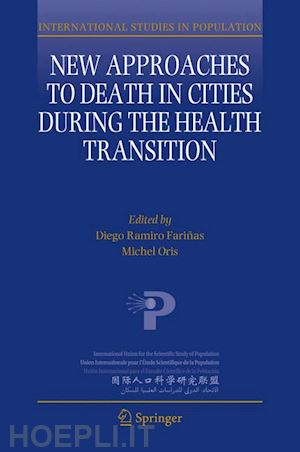Diego Ramiro-Fariñas (PhD in Sociology, 1998, UCM), Head of the Department of Population at the Spnaish National Research Council. Marie Curie Fellow at the Cambridge Group for the History of Population and Social Structure at the University of Cambridge (UK) from 1998 to 2000. From 2001, tenured scientist at the Spanish National Research Council. From 2002, Head of the Department of Demography. From 2010-2012, Vice-Director at the Center for Human and Social Sciences. From 2011, elected President of the Iberian Association of Historical Demography. From 2011, Member of the International Advisory Board of the Historical Sample of the Netherlands. From 2012, Member of the Council of Advisors of Population Europe, the Network of Leading’s Demographic Research Centers in Europe. From 2013, Head of the Department of Population. From 2014, Chair of the Historical Demography Panel at IUSSP. From 2015, Secretary General and Treasurer of the European Society of Historical Demography and member of the Advisory Board of the LatinAmerican Mortality Database University of Wisconsin-Madison. From 2016, IP and Coordinator of ITN Marie Curie H2020 LONGPOP project. His main areas of interest are on the study of mortality and health, demographic analysis and longitudinal studies.
Michel Oris (PhD in History, 1991, University of Liège) occupied a number of research posts through Belgium's Fund for Scientific Research. Since March of 2000 he has been a full professor at the Geneva School of Social Sciences at the University of Geneva. He teaches Demography, Economic and Social History, and Socioeconomics. Before joining the Rectorate in mid-July of 2015, he was the director of the Interdisciplinary Center for Gerontology and Vulnerability Studies and codirector of the Swiss National Centre of Competency in Research "LIVES. Overcoming Vulnerabilities. Life Course Perspectives". He also founded and directed the Socioeconomics program at the University of Geneva. He is president of the Association Internationale des Démographes de Langue Française and the Société de Démographie Historique. His research focuses on inequalities, with an emphasis on the living and health conditions of the elderly, injustices regarding death, and interactions between individual trajectories and the dynamics of social structures, and between vulnerabilities and life courses.











